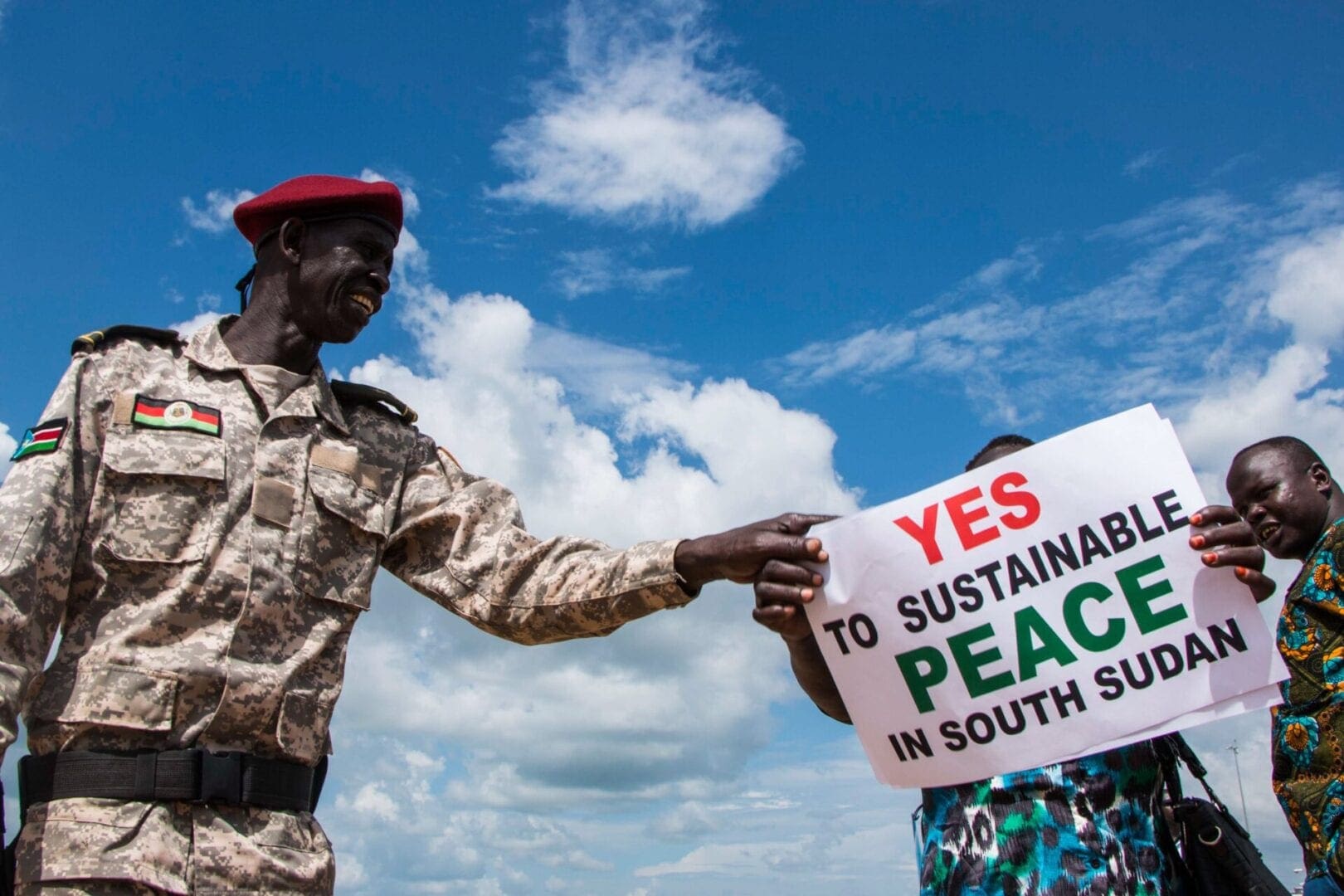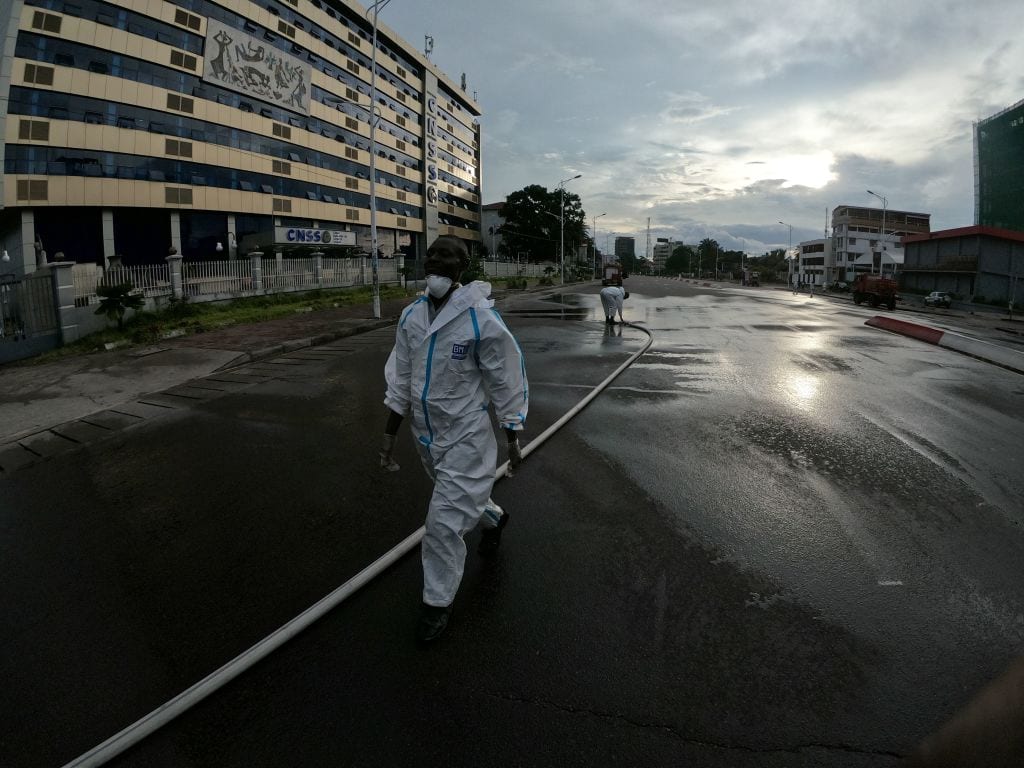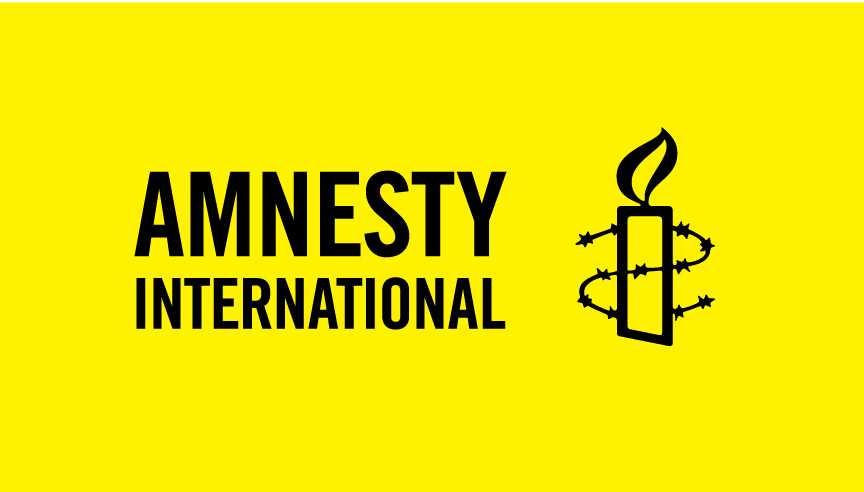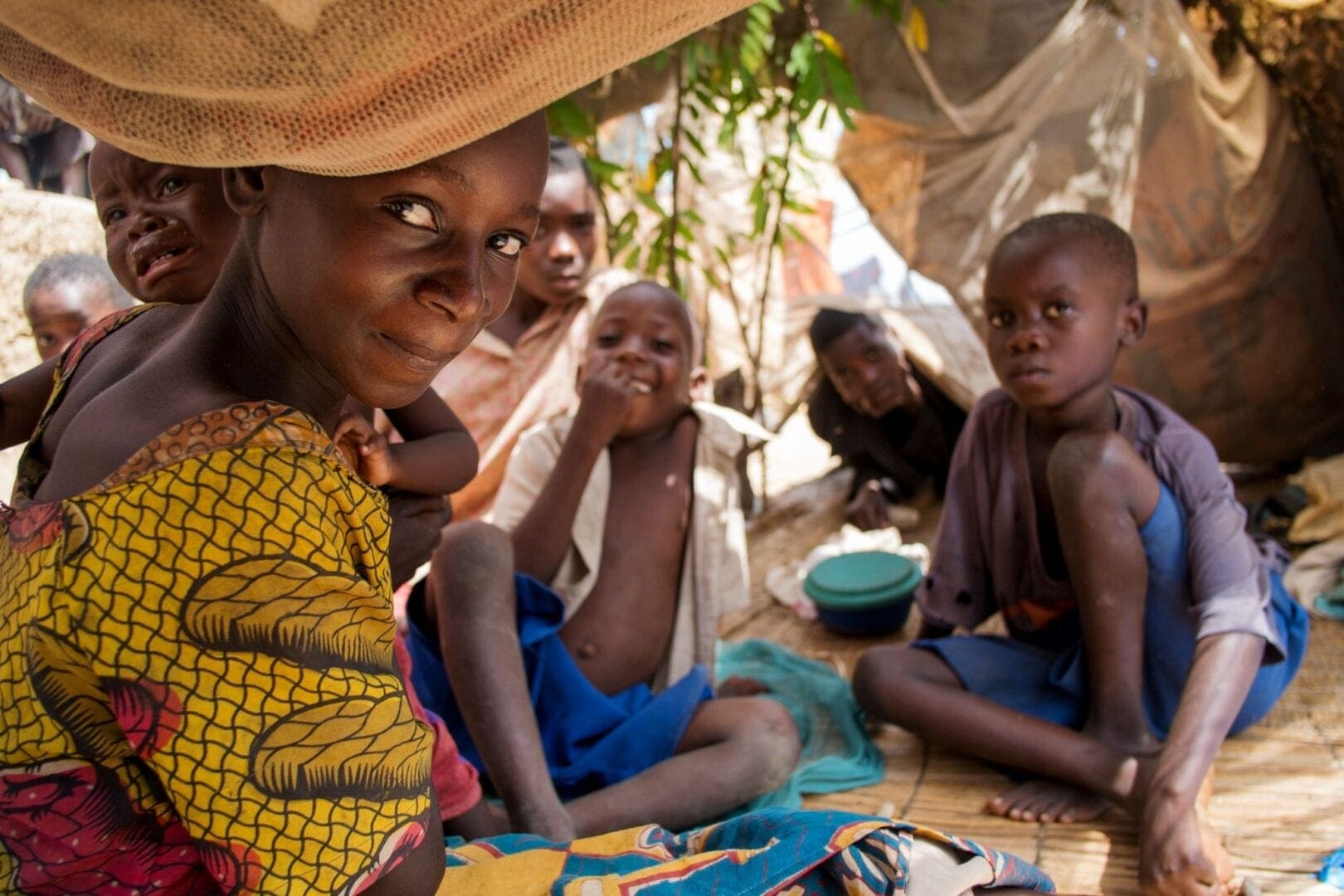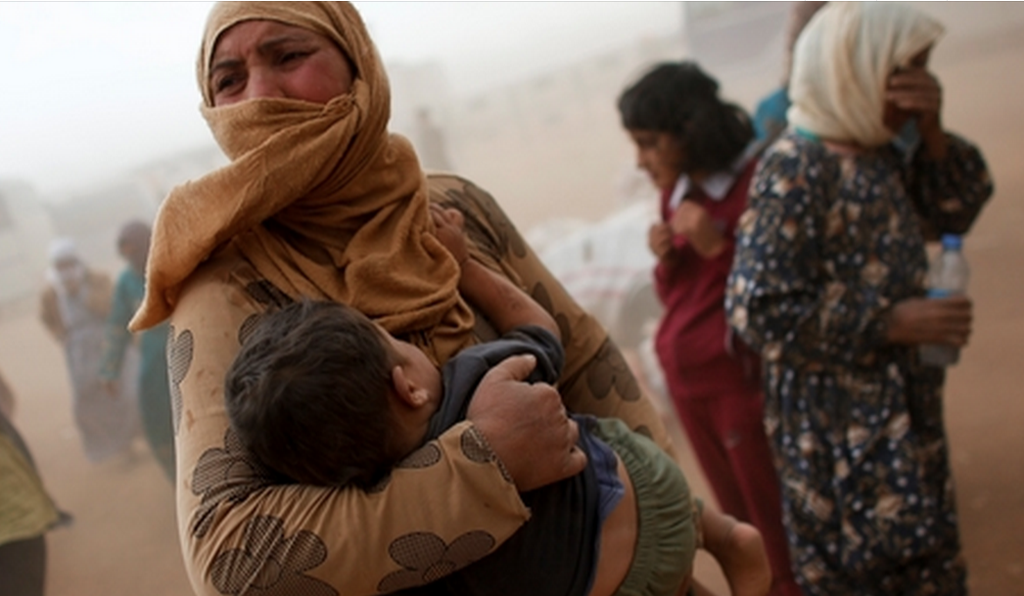The following information is based on the Amnesty International Report 2022/23. This report documented the human rights situation in 156 countries in 2022, as well as providing global and regional analysis. It presents Amnesty International’s concerns and calls for action to governments and others.
Tanzania 2022
The government maintained its blanket ban, introduced by the late president in 2016, on political parties organizing rallies and other political activities. The state continued to target online media outlets, using repressive regulations despite earlier promises to reform media laws. Security forces used excessive force in Loliondo division, in the northern Arusha region, during forced evictions of the Indigenous Maasai community while intimidating human rights defenders and journalists. The pledge to lift the discriminatory ban on pregnant girls and young mothers from attending school was not implemented. Plans to construct the East African Crude Oil Pipeline continued despite its potential threat to the environment and the livelihoods and health of local people. Individuals and organizations failed by the national legal system were blocked from seeking justice directly at the African Court on Human and Peoples’ Rights.Background
In her first year as president, Samia Suluhu Hassan made at least 21 regional and other international trips to improve international relations and to mobilize funds for development. This was in stark contrast to her predecessor, President Magufuli, who discouraged foreign travel and isolated Tanzania from its neighbours and the international community. In March, Tanzania engaged with the UPR and accepted 187 of 252 recommendations made by 92 states, including the implementation of the national human rights framework. It noted recommendations on ending the intimidation and harassment of human rights defenders, activists, civil society actors and journalists.Freedom of expression
On 10 February, authorities restored the licences of the Tanzania Daima, Mawio, Mwanahalisi and Mseto newspapers, which had been banned from publishing between 2016 and 2017, and the Raia Mwema newspaper which was suspended for three months in 2017, and for another month in 2021. Despite this positive step and promises in earlier years to reform media laws, the authorities continued to use the repressive 2016 Media Services Act to restrict media freedom, and cyberspace laws such as the Electronic and Postal Communications (Online Content) Regulations 2020, to suppress expression online. On 1 July, the Tanzania Communications Regulatory Authority (TCRA) temporarily suspended DarMpya, an online media outlet, following what it regarded as “complaints… against DarMpya’s content”. The content related to demonstrations by Indigenous Maasai people against Kenya’s role in the government’s plans to evict them from their land. However, on 14 July, it dropped the charges related to the post and said it would allow the outlet to continue operating once it had renewed its expired licence. By the end of the year, it had not responded to DarMpya’s renewal applications. On 9 September, the TCRA ordered ZamaMpya TV Online to pay a TZS 2 million fine (about USD 855) for publishing the views of popular musician Seleman Msindi who had criticized taxation regulations and the way government leaders spent tax revenue. Pastor Julius Kuyioni, a Kenyan journalist, was arrested on 7 July on his way to Loliondo and charged with illegal entry. His arrest coincided with the authorities’ attempts to stop journalists covering the Maasai community’s protests in Loliondo (see below, Forced evictions). The police released him on 5 August and escorted him to Namanga town on the Kenyan border.Freedom of association
On 4 March, the authorities released Freeman Mbowe, opposition leader of the Party for Democracy and Progress, commonly known as Chadema, after more than seven months in detention. The Corruption and Economic Crimes Division of the High Court ordered his release and the release of three of his co-accused, Halfan Bwire Hassan, Adam Hassan Kasekwa and Mohammed Abdillahi Ling’wenya, after the Director of Public Prosecution (DPP) dropped terrorism charges against them. Freeman Mbowe was arrested in 2021 in Mwanza town, ahead of a public rally to demand constitutional reforms.1 The authorities continued to violate the right to freedom of association by prohibiting political parties from organizing rallies and other activities until the 2025 elections. The ban, put in place by the former president in 2016, was used along with public assembly laws by the police to restrict opposition gatherings.Forced evictions
On 7 June, multi-agency state security forces, including the Tanzania People’s Defence Force, the Tanzania Police Force and the Ngorongoro Conservation Area Authority, arrived in the Loliondo division, Arusha region, to implement plans to forcibly evict Maasai community members. The authorities had not carried out genuine consultations with the community, nor given them adequate notice or provided them with adequate compensation in advance of their plans to seize 1,500km2 of ancestral land belonging to over 70,000 Maasai people to make way for a tourist operation. On 9 June, Maasai community members from the villages of Ololosokwan, Oloirien, Kirtalo and Arash in Loliondo, bordering Serengeti National Park, gathered to protest the demarcation exercise. They removed the beacons placed by the security forces to mark the boundaries of the land that the Maasai lay claim to. Security forces used tear gas and firearms against the protesters, during which a police officer was killed by an arrow and at least 32 community members were injured by gunshot.2 In the days and weeks following the forced evictions, security forces also seized livestock, including hundreds of cows and sheep belonging to the community. The Maasai people were reportedly asked to pay between TZS 100,000 (about USD 43) and TZS 25,000 (about USD 11) for the return of their animals. On 30 September, the East African Court of Justice (EACJ) ruled on a case filed by the Maasai in 2017 in which the latter argued that they were the legally registered owners of the land and that the government had used violence while forcibly evicting them in August 2017. The court ruled that the applicants provided insufficient evidence to demonstrate that the state evicted them from village land and not from the Serengeti National Park. Maasai community members and NGOs felt that the court decision reinforced the use of state violence and forced evictions.Human rights defenders
On 16 June, the authorities arrested and charged 20 members of the Loliondo Maasai community with the murder of a police officer who died during violent forced evictions (see above). Nine of them were community leaders who had been arrested a day before the police officer was killed. On 22 June, the prosecution amended the charge sheet adding five more accused people and an additional charge of “conspiracy to murder”. Later, two more people were also added to the charge sheet. On 28 July, three of the 27 detainees were released by the DPP on humanitarian grounds. The rest remained in Kisongo prison in Arusha until 22 November when the Resident Magistrates’ Court of Arusha unconditionally discharged them, and they were all released.3Women’s and girls’ rights
The authorities continued to ban pregnant girls and girls with children from attending regular schools, despite the government’s 2021 announcement that it had lifted the ban. However, about 3,333 pregnant girls and girls with children were allowed to continue their education through informal education programmes such as the Institute for Adult Education and the Secondary Education Quality Improvement Program. Since 2017, the authorities had implemented the ban under the Education Regulations Act 2002 which states that students can be expelled if they “commit an offence against morality”. The World Bank estimated that nearly 8,000 girls had been forced to drop out of school each year. The government had yet to reflect the lifting of the ban in policy.Environmental degradation
Tanzania continued to participate in plans to construct the 1,443 km East African Crude Oil Pipeline (EACOP) to transport crude oil from the Lake Albert oilfields in western Uganda to Tanga Port on Tanzania’s northern coast for export. On 1 February, EACOP shareholders, including TotalEnergies, the Uganda National Oil Company, Tanzania Petroleum Development Corporation and China National Offshore Oil Corporation, announced the final investment decision and the launch of the pipeline project. The project represented a total investment of approximately TZS 23.4 trillion (about USD 10 billion) (see Uganda entry). The Ugandan and Tanzanian governments defended the project as being necessary for the development of both countries, despite several challenges from domestic and international climate justice activists and civil society groups who alleged that the pipeline would be environmentally unsafe and would harm the livelihoods, food security and public health of affected communities, including Indigenous people. They also claimed that it would disproportionately affect women, and displace residents as it would pass through human settlements, wildlife reserves, agricultural land, water sources and groundwater tables. In 2017, the World Wide Fund for Nature conducted a preliminary environmental and socio-economic threat analysis of the project’s potential impacts. It concluded that it “pose[d] a significant and sometime severe threat to environmental assets and subsequently to people in the region.” A lawsuit filed by Kenyan, Ugandan and Tanzanian civil society groups at the EACJ, seeking a temporary injunction with a view to preventing the pipeline, remained pending after two years.Right to truth, justice and reparation
The government’s pledge to revisit its 2019 decision to withdraw from the declaration under Article 34(6) of the Protocol to the African Charter on Human and Peoples’ Rights on the Establishment of an African Court on Human and Peoples’ Rights remained unrealized. This prevents NGOs and individuals, failed by the national legal system, from having direct access to the court.Relevant Links
- Tanzania: President Hassan lifts the blanket ban on political assemblies
- Tanzania: Prosecutors drop murder charges against 24 members of the Maasai
- Tanzania: Halt brutal security operation in Loliondo
- United Republic of Tanzania: Consideration of UPR reports
- Tanzania: An 8-point Human Rights Agenda for Change
- “Tanzania: President’s new Covid-19 taskforce a positive move but the work starts now”, 26 April
- “Tanzania: Release opposition leader and party members”, 21 July
- Tanzania: A chance to Prioritize Human Rights: Amnesty International Submission for the UN Universal Periodic Review, 39th Session of the UPR Working Group, November 2021 (Index: AFR 56/3885/2021), 25 March
- For more information visit the Amnesty.org Country page

